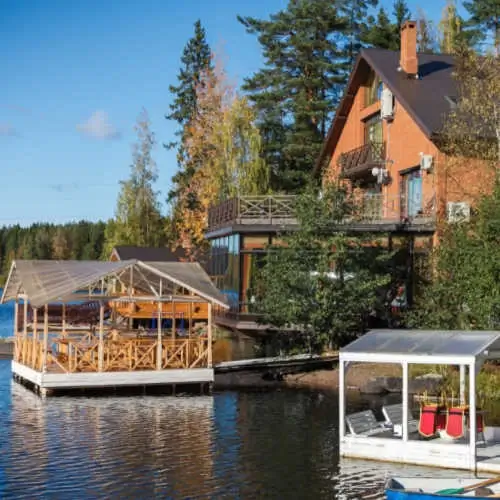

Having a second home for weekend or summer escapes is a priority for many Americans. If you’re interested in buying a vacation home, here’s a quick guide to the essential steps:
Determine If You are Buying a Second Home or a Rental Property
Many people rent out their vacation homes to make a profit when they are not staying there themselves. However, how much you rent out your beach bungalow or mountain retreat will determine what type of mortgage you can get. By lender standards, a property is considered a second home if it is occupied by the owner at least part of the year, is accessible and suitable for year-round occupancy, and is no more than a one-unit dwelling. It also cannot be subject to timeshare or property management agreements. If your place fits this description, you are likely to qualify for a vacation home loan. If you plan to rent out your second home the majority of the time, you’ll probably need an investment property loan, which typically has slightly higher interest rates and stricter qualification standards. However, with an investment loan you are allowed to count projected rental income on your application.
Decide If You Can Afford a Vacation Home
Taking on an additional mortgage can be a strain for many buyers, so it is important to be able to afford both payments. While you may be able to bring in some rental income on your vacation property, being able to keep it booked is unpredictable (like during a global pandemic), and it's best if you can handle both payments even if you can’t keep your second home fully rented.
Apply for a Second Home Mortgage
Before you even go looking for properties, it’s a good idea to secure your mortgage funding. Typical requirements include things like a minimum credit score of 620, a down payment of at least 10% and a debt-to-income maximum ratio of 50%. Your lender may also want to see that you have at least two months of reserves in your bank account to cover unexpected expenses. If you qualify for a second home mortgage, you can get a pre-approval letter that will help sellers take you seriously.
Go Shopping
Once you are ready to find your vacation home, it's important to consider location. Experts recommend that if you plan to use it for weekend trips, it should be no farther than three hours from your primary residence. Otherwise, the long drive may not be worth a quick overnight or 2-night stay. If you foresee using it more as a summer home, choosing something more than five hours away is acceptable.
Choosing a property that is close to amenities you enjoy, like a lake, beach, hikes, or shopping and entertainment. It's smart to buy in an area where you have already vacationed and wanted to come back.
With the proper preparation, buying a vacation home can be a smooth and rewarding process. Give us a call today and so that we can help you secure financing for a second home or vacation property.
